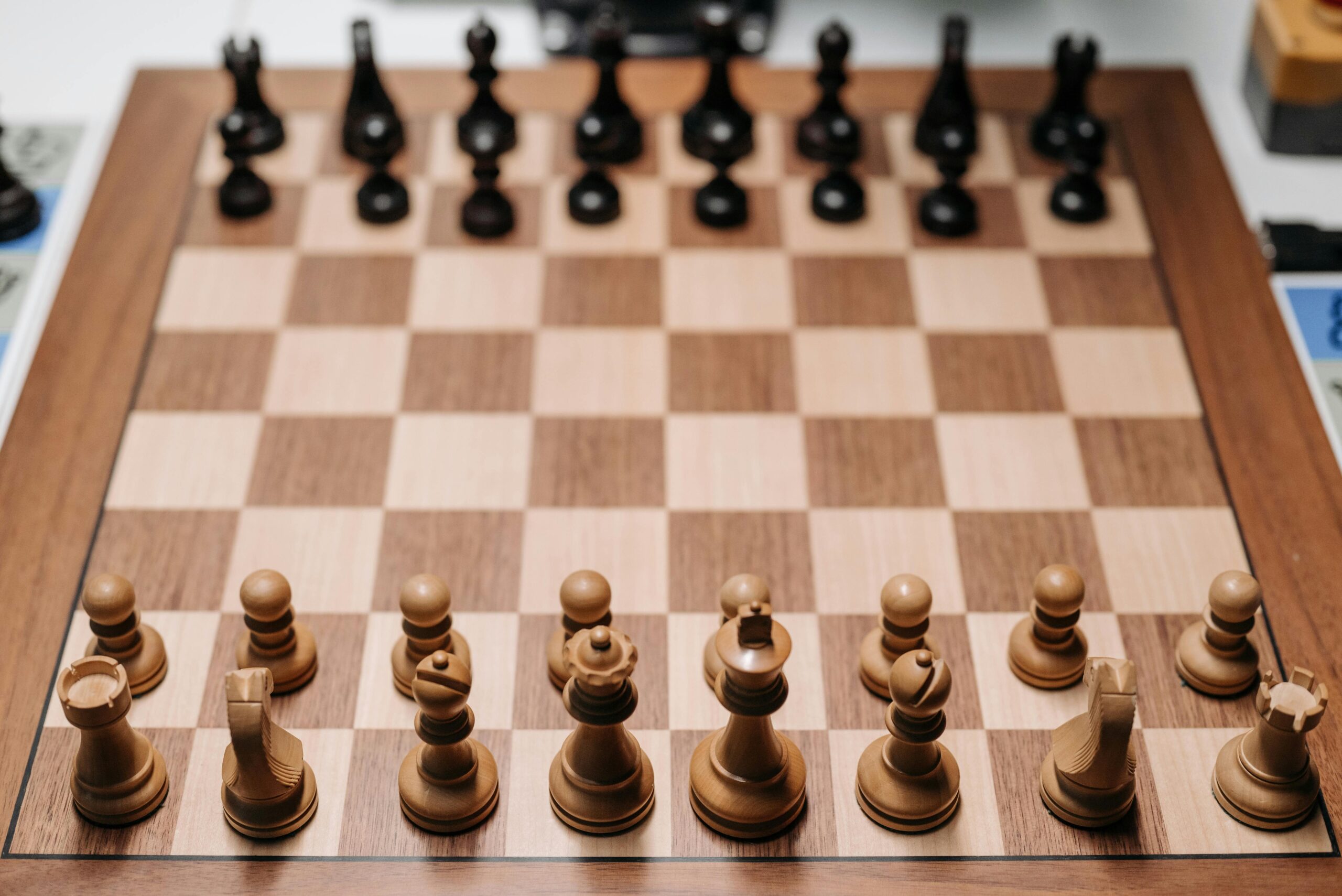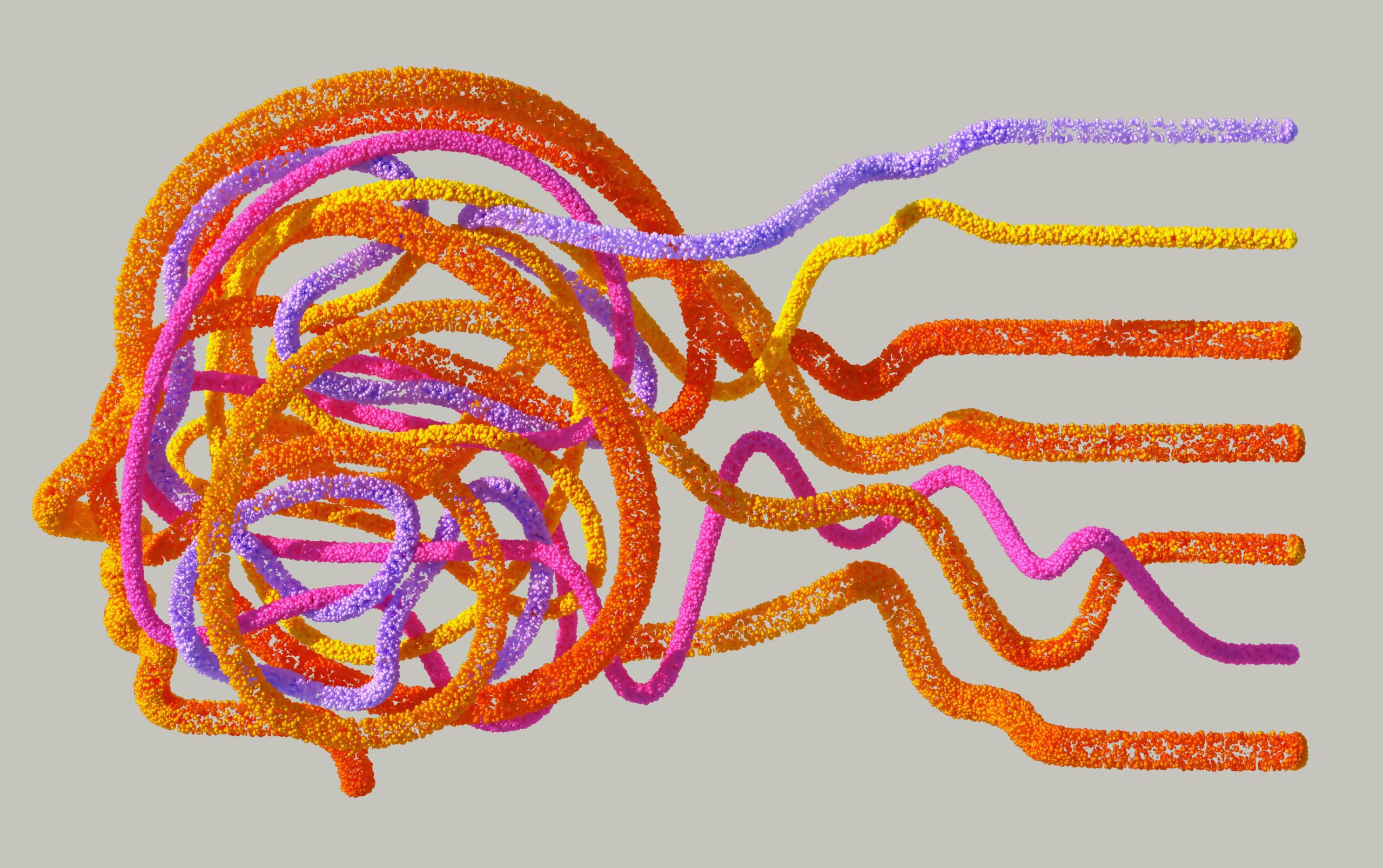The human mind holds extraordinary potential waiting to be unlocked. Throughout history, certain individuals have demonstrated cognitive abilities that transcend ordinary limitations, offering profound insights into what our brains can truly achieve.
From mathematical prodigies calculating complex equations in seconds to polymaths mastering multiple disciplines simultaneously, these exceptional minds provide blueprints for understanding high-performance cognition. Their stories aren’t just fascinating—they’re instructional, revealing patterns and practices that anyone can adapt to enhance their own mental capabilities.
🧠 The Architecture of Extraordinary Intelligence
High-performance cognition doesn’t emerge from a single source. Research into exceptional minds reveals a complex interplay between genetic predisposition, environmental factors, deliberate practice, and neuroplasticity. Understanding this architecture helps demystify genius and makes cognitive enhancement more accessible.
Neuroimaging studies of individuals with exceptional abilities show distinct patterns in brain connectivity and activation. These differences aren’t necessarily present from birth—many develop through years of intensive, focused engagement with challenging material. This discovery revolutionizes our understanding of intelligence as something fluid rather than fixed.
The Role of Neuroplasticity in Cognitive Enhancement
Neuroplasticity—the brain’s ability to reorganize itself by forming new neural connections—serves as the biological foundation for cognitive development. When individuals engage in deliberate, challenging mental activities, their brains physically adapt, strengthening certain pathways while pruning others.
This process continues throughout life, contradicting earlier beliefs that cognitive abilities were set in childhood. The implications are profound: with proper techniques and dedication, anyone can enhance their cognitive performance significantly, regardless of age or starting point.
📚 Case Study: Kim Ung-Yong and the Spectrum of Early Genius
Kim Ung-Yong entered the Guinness Book of World Records with an estimated IQ of 210, the highest ever recorded. By age three, he could read Korean, Japanese, English, and German. At eight, he was invited by NASA to study in the United States, where he worked on complex physics problems.
What makes Kim’s story particularly instructive isn’t just his extraordinary abilities but his eventual choice to leave high-level academic physics to become a university professor in Korea. He later stated that happiness and finding personal meaning mattered more than leveraging exceptional cognitive abilities for prestigious achievements.
This case reveals an important dimension often overlooked in discussions of high-performance cognition: emotional intelligence and self-awareness play crucial roles in directing cognitive abilities toward fulfilling outcomes. Pure intellectual capacity, without purpose and balance, may not lead to satisfaction or meaningful contribution.
🎯 Terence Tao: Mathematical Intuition at Its Finest
Terence Tao, often described as the “Mozart of Math,” became the youngest person ever to win a gold medal at the International Mathematical Olympiad at age 13. Now a professor at UCLA, he’s received the Fields Medal—mathematics’ highest honor—and continues producing groundbreaking work across multiple mathematical domains.
What distinguishes Tao isn’t just computational speed but extraordinary mathematical intuition—the ability to see patterns, connections, and solutions that elude others. He describes his approach as combining rigorous formal reasoning with flexible, creative exploration.
Lessons from Tao’s Cognitive Approach
Tao emphasizes several practices that contribute to his high-performance cognition. First, he maintains a blog where he works through problems publicly, treating teaching as a learning tool. This practice reinforces understanding and exposes gaps in his own knowledge.
Second, he collaborates extensively, recognizing that collective intelligence often surpasses individual brilliance. His willingness to engage with problems outside his specialty area keeps his thinking flexible and prevents the cognitive rigidity that sometimes accompanies deep expertise.
Finally, Tao advocates for what he calls “good mathematical citizenship”—contributing to the broader mathematical community through mentorship, exposition, and making complex ideas accessible. This outward focus paradoxically enhances his own understanding and creativity.
🎨 The Polymath Phenomenon: Leonardo da Vinci’s Cognitive Blueprint
Leonardo da Vinci epitomizes polymathic genius—excelling in art, engineering, anatomy, botany, and numerous other fields. His notebooks reveal a mind constantly curious, making connections across disciplines that seemed unrelated to his contemporaries.
Modern analysis of Leonardo’s methods reveals deliberate practices that cultivated his extraordinary range. He practiced intense observational drawing, spending hours capturing details of natural phenomena. This trained his brain to notice subtle patterns and relationships others missed.
Leonardo also embraced what cognitive scientists now call “lateral thinking”—approaching problems from unexpected angles by drawing on knowledge from diverse fields. His anatomical studies informed his art; his engineering insights influenced his understanding of natural structures.
Cultivating Cross-Disciplinary Thinking
The polymath approach offers powerful lessons for cognitive enhancement. By deliberately exposing yourself to diverse fields and actively seeking connections between them, you create a richer mental landscape where innovative solutions emerge more readily.
This doesn’t require mastering every discipline to Leonardo’s level. Instead, cultivating “T-shaped knowledge”—deep expertise in one area combined with broad familiarity across many—provides similar cognitive benefits. The intersections between domains often harbor the most valuable insights.
⚡ Savant Syndrome: Extraordinary Abilities Through Different Neural Pathways
Savant syndrome presents a fascinating window into specialized cognitive excellence. Individuals with this condition demonstrate extraordinary abilities in specific domains—often music, art, calculation, or memory—despite significant cognitive challenges in other areas.
Daniel Tammet, a high-functioning autistic savant, can perform complex calculations instantly, speak eleven languages, and recited pi to 22,514 digits from memory. Unlike some savants who struggle to explain their processes, Tammet articulates his experiences, describing numbers as having shapes, colors, and textures.
His case reveals that different neural architectures can produce exceptional performance. His synesthetic experience of numbers—where sensory experiences blend—creates a rich, multidimensional mental landscape that facilitates mathematical computation and pattern recognition.
What Savant Abilities Teach About Brain Potential
Research into savant syndrome suggests that exceptional abilities may be latent in many people but remain inaccessible due to typical brain organization and inhibitory processes. Some studies using transcranial magnetic stimulation have temporarily enhanced certain abilities in neurotypical individuals by modulating specific brain regions.
While we can’t ethically or practically replicate savant abilities through brain manipulation, understanding these cases reveals that our brains contain far more capability than ordinary functioning suggests. Techniques like deliberate practice, memory palaces, and sensory association can tap into similar mechanisms through natural pathways.
🏆 Peak Performance States: Flow and Cognitive Excellence
Mihaly Csikszentmihalyi’s research into “flow states”—periods of complete absorption where performance peaks—provides another lens for understanding high-performance cognition. During flow, individuals report heightened focus, time distortion, and effortless execution of complex tasks.
Chess grandmasters, elite athletes, surgeons, and creative artists all describe experiencing flow during their best performances. Neurologically, flow states involve specific patterns of brain activation, with reduced activity in the prefrontal cortex (the brain’s “critic”) allowing more intuitive, automatic processing.
What’s particularly valuable about flow research is its democratization of peak performance. Unlike genetic advantages or savant abilities, anyone can cultivate conditions conducive to flow: clear goals, immediate feedback, appropriate challenge levels, and minimal distractions.
Engineering Your Environment for Cognitive Excellence
Creating conditions for regular flow experiences requires intentional environmental design. This includes eliminating notifications and interruptions during focused work, matching task difficulty to skill level (slightly challenging but achievable), and structuring work to provide clear progress indicators.
Many high performers use “time blocking”—dedicating specific periods to deep work without interruption. Cal Newport’s research on “deep work” demonstrates that this practice significantly enhances both productivity and the quality of cognitive output, essentially training your brain for sustained high-performance states.
🔬 Modern Cognitive Enhancement: Evidence-Based Strategies
Contemporary cognitive science has identified numerous evidence-based strategies for enhancing mental performance. Unlike questionable “brain training” games, these approaches show robust, transferable benefits across cognitive domains.
Physical exercise, particularly aerobic activity, consistently demonstrates powerful cognitive benefits. Exercise increases brain-derived neurotrophic factor (BDNF), promoting neuroplasticity and neurogenesis. Studies show that regular exercisers perform better on memory, attention, and executive function tasks compared to sedentary individuals.
Sleep optimization represents another powerful cognitive enhancer. During sleep, the brain consolidates memories, clears metabolic waste, and strengthens neural connections. High performers across domains prioritize sleep quality, recognizing that sleep deprivation severely impairs cognitive function despite subjective underestimation of its effects.
Nutritional Factors in Cognitive Performance
Emerging research highlights nutrition’s profound impact on cognitive function. The Mediterranean diet, rich in omega-3 fatty acids, antioxidants, and anti-inflammatory compounds, correlates with better cognitive performance and reduced age-related decline.
Specific nutrients deserve attention: omega-3s (especially DHA) support brain structure and function; certain polyphenols enhance memory and learning; adequate hydration affects concentration and mental clarity. While no single food produces genius, optimal nutrition provides the biological foundation for high-performance cognition.
💡 Deliberate Practice: The Engine of Expertise
Anders Ericsson’s research on deliberate practice transformed understanding of skill acquisition and expertise. His work revealed that exceptional performers in any domain—from music to chess to athletics—accumulated thousands of hours of highly specific, focused practice with immediate feedback.
Deliberate practice differs fundamentally from mere repetition. It requires working at the edge of current ability, receiving immediate feedback, and continuously adjusting approach based on that feedback. This process feels effortful and often uncomfortable, unlike the automatic execution of already-mastered skills.
The case of Judit Polgár, who became the strongest female chess player in history, illustrates deliberate practice’s power. Her father László believed genius was made, not born, and designed an intensive chess training program for his daughters. Judit achieved grandmaster status at age 15, breaking Bobby Fischer’s record as the youngest to reach that level at the time.
Structuring Your Own Deliberate Practice
Implementing deliberate practice requires identifying specific sub-skills within your target domain, isolating weaknesses, designing exercises targeting those weaknesses, and seeking immediate, accurate feedback. This approach applies across domains—from language learning to programming to creative pursuits.
Many successful learners maintain detailed practice logs, tracking performance metrics and identifying patterns. This data-driven approach to skill development accelerates progress by revealing what works and eliminating ineffective approaches.
🌟 Memory Champions: Techniques for Extraordinary Recall
Memory athletes demonstrate that extraordinary recall is a trainable skill rather than an innate gift. Joshua Foer, a journalist who won the U.S. Memory Championship after just one year of training, documented his journey in “Moonwalking with Einstein,” revealing the methods behind seemingly superhuman memory feats.
The primary technique used by memory champions is the “memory palace” or “method of loci”—mentally placing information along a familiar spatial route. This ancient technique leverages the brain’s powerful spatial memory systems, transforming abstract information into vivid, locationally-anchored mental images.
Research comparing memory champions to control groups found no significant differences in general cognitive ability or brain structure. The difference lay entirely in technique and practice. This democratizes exceptional memory—anyone willing to invest time learning and practicing these methods can dramatically enhance their recall abilities.
🎓 Educational Implications: Nurturing Cognitive Excellence
Understanding high-performance cognition has profound implications for education. Traditional educational models often assume fixed abilities and emphasize passive knowledge absorption. Evidence from exceptional performers suggests radically different approaches yield better outcomes.
Growth mindset interventions—teaching students that intelligence is malleable rather than fixed—consistently improve academic performance. When students believe they can enhance their abilities through effort, they persist longer, embrace challenges, and ultimately achieve more than peers with fixed mindset beliefs.
Project-based learning, where students tackle complex, open-ended problems, better mirrors the cognitive demands that produce expertise. This approach develops metacognitive skills—the ability to monitor and direct one’s own thinking—that distinguish high performers across domains.
🚀 Technology and Cognitive Enhancement: Promises and Pitfalls
Modern technology offers unprecedented tools for cognitive enhancement, from spaced repetition software for language learning to apps facilitating meditation practice. These tools, when used appropriately, can significantly accelerate skill development and support high-performance cognition.
However, technology also presents cognitive challenges. Constant connectivity fragments attention, reducing capacity for deep work. Social media and infinite content streams exploit psychological vulnerabilities, creating habits that undermine rather than support cognitive excellence.
High performers increasingly adopt technological minimalism—strategically selecting tools that genuinely enhance capabilities while eliminating digital distractions. This selective approach maximizes technology’s benefits while avoiding its cognitive costs.
🌍 Cultural Factors in Cognitive Excellence
Cross-cultural research reveals that beliefs about intelligence and learning profoundly influence cognitive development. Cultures emphasizing effort over innate ability—notably many East Asian societies—produce different patterns of academic achievement and persistence in the face of difficulty.
These cultural factors aren’t immutable—they’re transmissible beliefs and practices. By consciously adopting attitudes and approaches associated with high-performance cognition, regardless of your cultural background, you can access their benefits.

🎯 Integrating Lessons from Extraordinary Minds
The diverse case studies of exceptional cognitive performance reveal common threads. First, extraordinary abilities emerge from sustained, deliberate engagement rather than pure genetic endowment. Second, cognitive excellence in one domain often involves skills and practices transferable to others. Third, environmental factors—from social support to educational approaches—significantly influence cognitive development.
Perhaps most importantly, these cases demonstrate that genius isn’t a distant, unattainable state but rather the far end of a continuum we can all move along. By adopting evidence-based practices—deliberate practice, flow-conducive environments, growth mindset, physical health optimization, and strategic technology use—anyone can significantly enhance their cognitive performance.
The extraordinary minds profiled here aren’t fundamentally different from others. They’ve simply discovered and consistently applied principles that unlock latent cognitive potential. Their achievements serve not as intimidating comparisons but as inspiring demonstrations of what becomes possible when we approach cognitive development systematically and persistently.
Your own cognitive potential remains largely untapped. By learning from these exceptional cases and implementing their core strategies, you begin your own journey toward high-performance cognition—not to become someone else, but to more fully realize the remarkable capabilities already residing within your unique mind. 🧩
Toni Santos is a cognitive storyteller and cultural researcher dedicated to exploring how memory, ritual, and neural imagination shape human experience. Through the lens of neuroscience and symbolic history, Toni investigates how thought patterns, ancestral practices, and sensory knowledge reveal the mind’s creative evolution. Fascinated by the parallels between ancient rituals and modern neural science, Toni’s work bridges data and myth, exploring how the human brain encodes meaning, emotion, and transformation. His approach connects cognitive research with philosophy, anthropology, and narrative art. Combining neuroaesthetics, ethical reflection, and cultural storytelling, he studies how creativity and cognition intertwine — and how science and spirituality often meet within the same human impulse to understand and transcend. His work is a tribute to: The intricate relationship between consciousness and culture The dialogue between ancient wisdom and neural science The enduring pursuit of meaning within the human mind Whether you are drawn to neuroscience, philosophy, or the poetic architecture of thought, Toni invites you to explore the landscapes of the mind — where knowledge, memory, and imagination converge.




